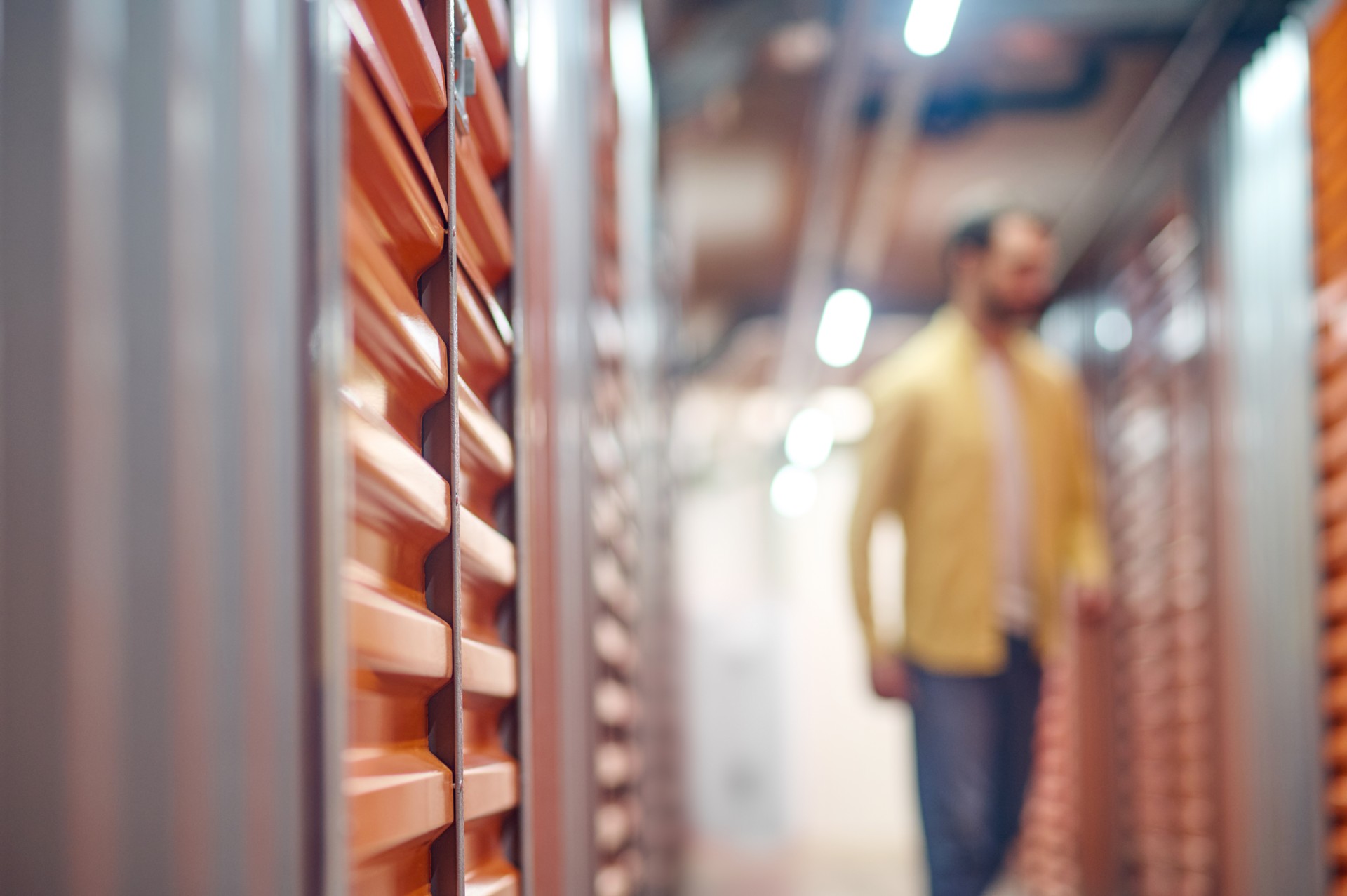Roll-up doors have become mainstream components for processing and manufacturing systems. They can reduce production times, improve efficiency, and protect materials against hazards among other benefits. They also keep workers safe by containing flying debris, chemicals, heat, radiation, and other dangers. To be fully effective, though, you need to choose the right doors to meet your unique needs. Keeping the following factors in mind can help you choose the best roll-up doors for your machinery.
Level of Automation
For one, you’ll need to determine the level of automation your Automated Roll-Up Doors should have. The less automated they are, the more human intervention they’ll need. Fully automated doors can be programmed to open and close based on specific parameters, and they can close automatically in the event of safety issues. They’re more complicated to design and install, and they’re more expensive, but their benefits outweigh those disadvantages. That being said, you may not need fully automated doors. Options are available with partial and even minimal automation.
Operating Speed
Another factor to consider is operating speed. If the doors will be used to separate different production processes, choosing versions that can keep up with your operating speeds is essential. Installing versions that can instantly respond to safety hazards or machine malfunctions is also crucial. Still, speed isn’t always a factor. If the doors will only be opened and closed on occasion for maintenance or repairs, you may not need high-speed capabilities. In those cases, you may be able to save money by choosing doors with simpler mechanisms and less technology involved.
Durability
Durability should also be a factor to keep in mind. Your roll-up doors need to be able to withstand the hazards you subject them to. Those could include constant use, high speeds, and impacts. Depending on your specific requirements, you may also need to choose doors made out of materials that can hold up against moisture, chemicals, extreme temperatures, and other issues. Consider your production processes, the materials you use, and the environmental factors involved to help you choose doors that will last as long as possible.
Insulation
You may need to consider insulative properties as well. Whether a door provides insulation will be important if you need to control the temperatures your products are exposed to. It’ll also be crucial if your production processes require extreme temperatures and you need to keep those contained to protect workers and your machinery. Not all materials provide insulation. On the other hand, you may need to have customized doors built with specialized insulative properties.
Choosing Your Roll-Up Doors
Automated roll-up doors offer several advantages over manual versions. To take full advantage of their benefits, though, you’ll need to choose the right ones to meet your needs. Several types of doors are available, and each one has its own distinct strong suits. Still, not all of them are suitable for all applications. Consider the factors mentioned here to help you choose the right roll-up doors for your production processes. Finding the right one will foster efficiency and safety, and it could have a positive impact on your product quality.











